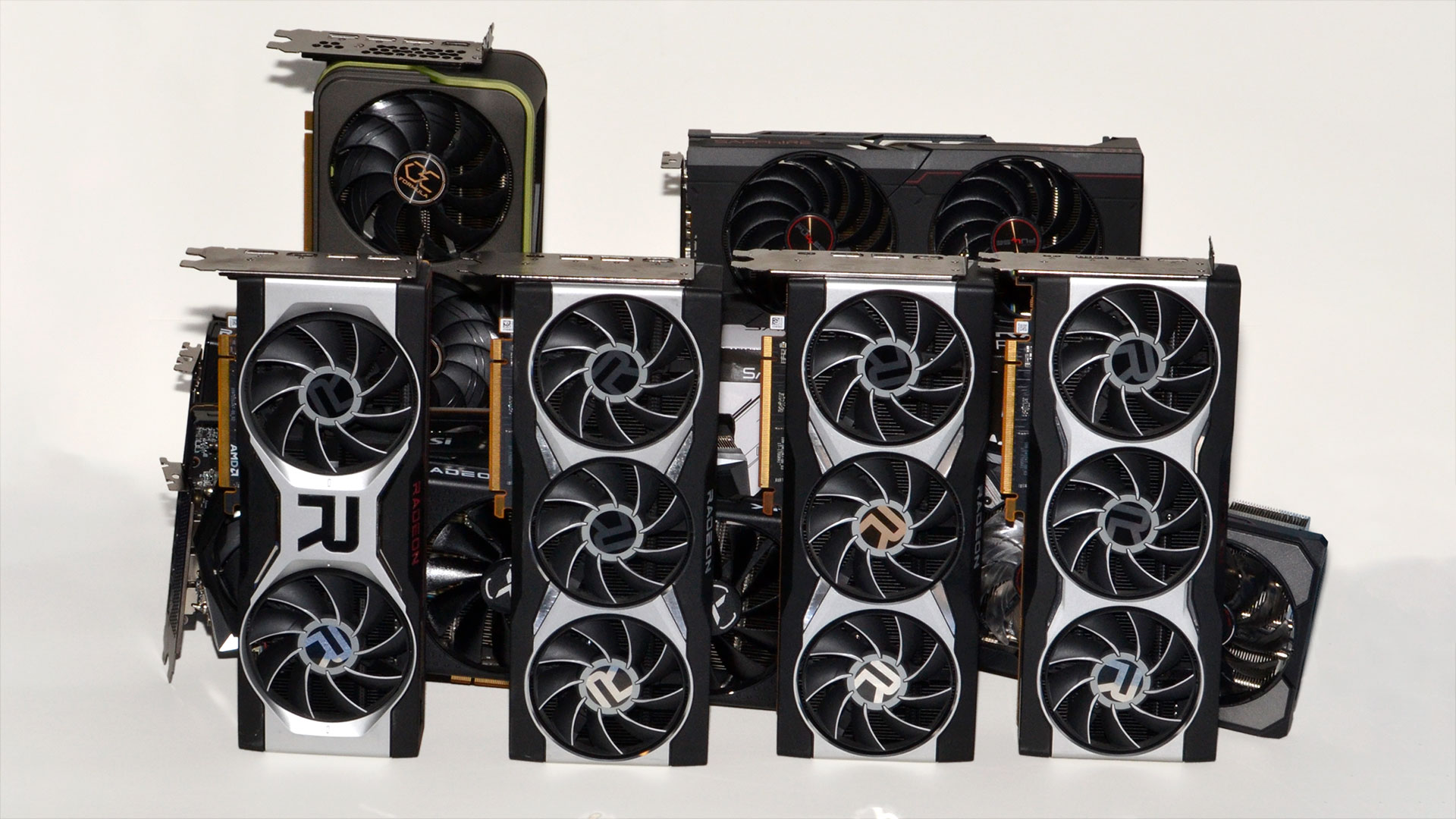
The reinstatement of tariffs by the U.S. on Chinese goods has yet again been postponed, averting the possibility of higher prices on computer parts such as graphics cards (via PCMag). The tariffs were originally slated to return by the end of 2023, but a last-minute extension was made that pushed the date to May 31.
There are 437 products impacted by the tariffs, including the components needed to make computer parts such as printed circuit boards (PCBs), as well as computer parts themselves: graphics cards, motherboards, and SSDs. These products would have gotten more expensive in 2024 if the Office of the U.S. Trade Representative (USTR) didn't announce on Dec. 26 that the tariffs wouldn't return until May 31.
The tariffs in question originated in 2018 during the Trump administration, which imposed a 25% tariff on billions of dollars worth of Chinese products. As the tariffs were controversial both domestically and internationally, President Trump temporarily suspended them in Sept. 2019 (through Jan. 2021), which saw price increases for graphics cards. The tariffs were yet again suspended in March 2022 by the Biden administration, which has continuously postponed the tariffs' reinstatement.
Although many are pleased that the reinstatement of tariffs has been pushed back once more, the USTR was criticized by Americans for Free Trade on how little notice was given. With the postponement being announced just five days before the tariff was slated to reactivate, businesses reportedly didn't have enough time to adjust plans. Americans for Free Trade has strongly urged the U.S. government to permanently scrap the tariffs, claiming they have "failed" and damaged the economy.
Regardless of the success or failure of these tariffs, it's clear that their return would mean increased prices on PC components. This would be particularly painful for graphics cards and SSDs, as the former are already selling for record prices and the latter are set to become more expensive as supply dwindles. Of course, the tariffs could be delayed yet again this year, but the tariffs' fate in 2025 isn't so clear. President Biden is up for reelection and his opponent seems to be former President Trump, who may have a different policy in mind for these tariffs.







